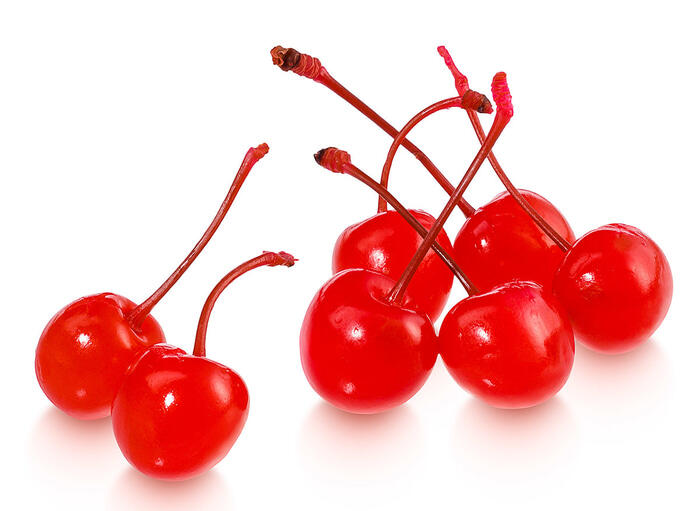Description and Analysis of Poems: Refrigerator, 1957
Hello, everyone! Welcome to my blog. In this post, I will introduce a poem that was assigned to me to analyze. I paired up with Ruka, my classmate. It is the second poem assignment.
The poem is called "Refrigerator, 1957" by Thomas Lux. Thomas was an American poet and wrote fourteen books of poetry. His poems' themes are animals and things. At first, he began publishing haunting, ironic poems. Over time, Lux's poetry began to approach the human experience more directly. Often using ironic or sardonic speakers, startlingly apt imagery, careful rhythms, and reaching into history for subject matter, Lux created poems that are at once simple and complex, wildly imaginative, and totally relevant.
Refrigerator, 1957
More like a vault -- you pull the handle out
and on the shelves: not a lot,
and what there is (a boiled potato
in a bag, a chicken carcass
under foil) looking dispirited,
drained, mugged. This is not
a place to go in hope or hunger.
But, just to the right of the middle
of the middle door shelf, on fire, a lit-from-within red,
heart red, sexual red, wet neon red,
shining red in their liquid, exotic,
aloof, slumming
in such company: a jar
of maraschino cherries. Three-quarters
full, fiery globes, like strippers
at a church social. Maraschino cherries, maraschino,
the only foreign word I knew. Not once
did I see these cherries employed: not
in a drink, nor on top
of a glob of ice cream,
or just pop one in your mouth. Not once.
The same jar there through an entire
childhood of dull dinners -- bald meat,
pocked peas and, see above,
boiled potatoes. Maybe
they came over from the old country,
family heirlooms, or were status symbols
bought with a piece of the first paycheck
from a sweatshop,
which beat the pig farm in Bohemia,
handed down from my grandparents
to my parents
to be someday mine,
then my child's?
They were beautiful
and, if I never ate one,
it was because I knew it might be missed
or because I knew it would not be replaced
and because you do not eat
that which rips your heart with joy.
The poem is about a boy checking the refrigerator. However, none of the food makes him feel hungry. He sees a jar of maraschino cherries and describes them as "three-quarters full, fiery globes, like strippers at a church social." The poem continues with the boy's positive thoughts on the maraschino cherries.
In the end, the boy realizes that the jar of maraschino cherries is more than food to him. He thinks its existence gives joy to him. I think it is keeping his mental health stable. However, I do not think he is physically satisfied.


Comments
Post a Comment